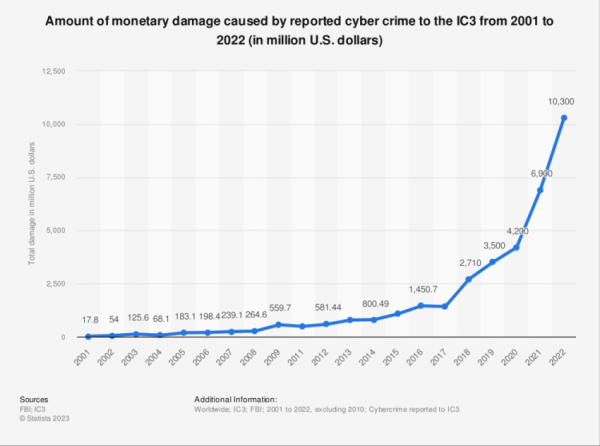Delaware Is the Latest State to Ramp Up Efforts Against Crypto Fraud

As romance and pig butchering scams continue to fleece unsophisticated investors and lonely people who hoped to find companionship online, the latest US state to recognize the scope of the crisis is Delaware.
The Delaware Department of Justice has taken action after a senior citizen reached out to law enforcement claiming to have lost $275,000 to a fake crypto investment website.
Delaware Authorities Step in After Massive Crypto Fraud
According to a local news report, the senior citizen invested the $275,000 in a website whose name, bybit.us, was highly similar to that of a real crypto investment site, bybit.com.
The scam originated as many do. A stranger contacted the victim and gained the victim’s trust over time. Ultimately presenting what sounded like a lucrative investment opportunity. An easy way to double or triple one’s wealth.
When the site turned out to be bogus, the victim contacted law enforcement. According to the local report, Delaware officials enlisted the help of a digital analytics firm to figure out the location of the person or persons controlling the receiving wallets.
The officials took the further step of blocking the wallets from receiving assets from Delaware residents. A tactic that might prove useful for regulators and law enforcement in other jurisdictions grappling with the same problem.

Delaware is one of many states and jurisdictions grappling with skyrocketing online and crypto fraud. Source: Statista
Feds and Local Law Enforcement Face the Crisis
Authorities cannot ill afford to ignore the scope and severity of the problem. Not with more than 53,000 people having reported the loss of assets in crypto scams in 2022 alone. Total losses came to $1.4 billion, according to FTC figures. The targeting of senior citizens is so common that the AARP has issued an official warning.
In tandem with the efforts of local officials, federal agencies are treating the prevalence of romance and pig butchering scams with increasing gravity. In April, the Department of Justice seized $112 million worth of crypto that bad actors had taken from victims in such scams.
One of the largest of the six accounts in that case was in California. A place where the problem is so acute that the state government has set up a crypto scam tracker.
The tracker lists details of a wide variety of scams that have come to the attention of law enforcement.
A common denominator, in many cases, is an element of romance and/or the diversion of the unsuspecting victims to what looked like a real website. But was really a front for fraud.